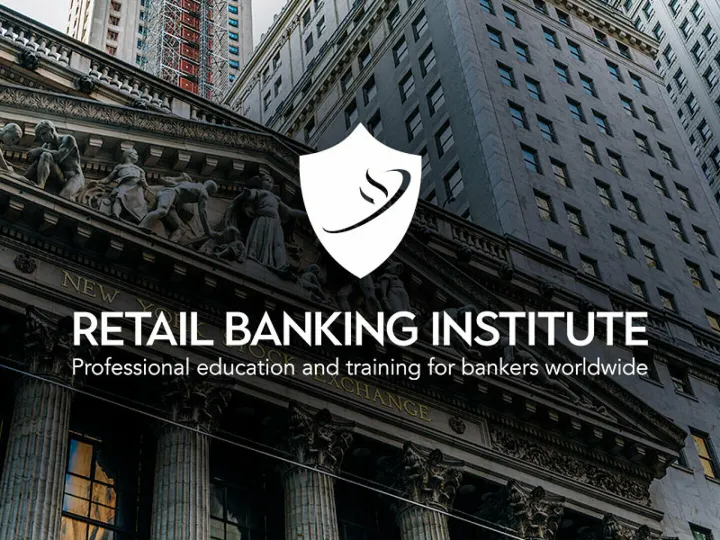Banks and politicians find common ground on fake ads
Politicians and banks are two constituencies most exercised about fake ads, and are constituencies not without influence. We wrote recently about frustration from banks such as Revolut about the number of scams emerging from digital platforms such as Facebook and Google, and trying without success to get the tech giants to share some of the cost of scams.
On any given day, if you use social media, you’ll quite likely find a fake AI-generated ad of some national politician claiming they’ve found the secret to financial freedom, probably by investing in some cryptocurrency.
Google said this week it had closed down 700,000 offending advertiser accounts promoting these fake AI ads using its own Large Language Models to root out offenders, and had suspended nearly 40 million user accounts in the US alone in 2024.
“While the figures are impressive, Google and other Big Tech firms like Meta remain the primary source of scam accounts on the Internet – leading to repeated calls from financial institutions and fintechs for social media companies to share reimbursement for victims of scams originating on their platforms,” writes Finextra. Meta meanwhile is facing calls to increase its moderation, something it has resisted, lately by claiming that over-moderation harms free speech.
Lafferty Group
Contact Us
enquiries@lafferty.com
caroline.hastings@lafferty.com
The Leeson Enterprise Centre
Altamont Street
Westport, Co. Mayo
Ireland
F28 ET85

